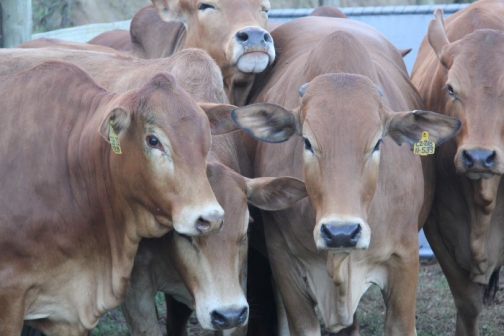×
The Standard e-Paper
Smart Minds Choose Us

There is such a serious shortage of animal feed in Samburu County, livestock farmers are appealing to the government to intervene.
“I appeal to county and national governments to step in and distribute grass to pastoralists for their cattle. If they fail to do so, I am afraid we might lose our cattle before February because of the biting drought,” said Edward Losenge, a resident of Loosuk.